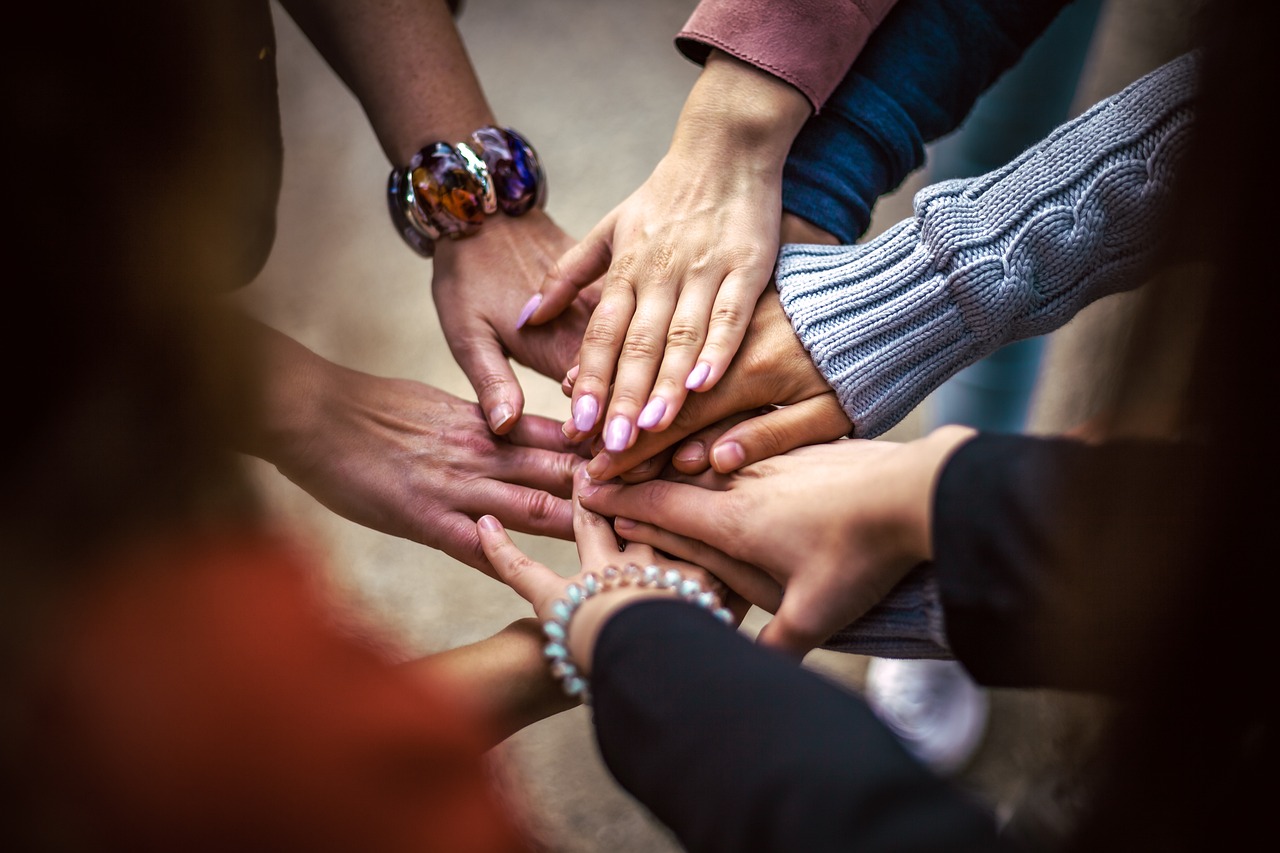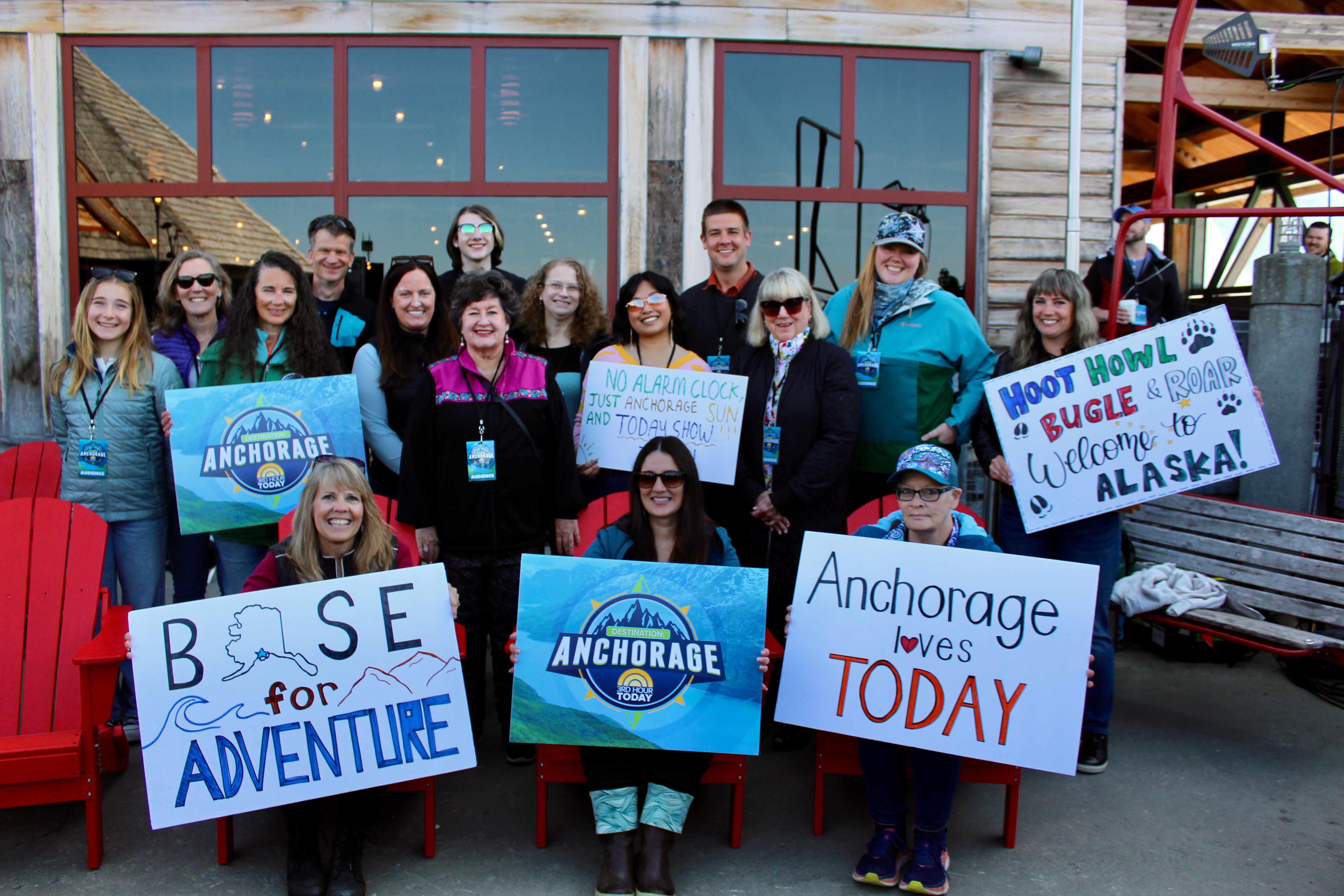Coalitions: Because begging during times of crisis is a bad look 👀

In public affairs and communications, timing is everything, and so is trust. One of the smartest investments a company or organization can make is building a coalition of supporters BEFORE any crisis, controversy, or campaign arises.
Too often, organizations scramble to find allies when facing a public threat such as a policy proposal, regulatory challenge, or reputational issue. However, coalitions are most effective when they are developed during periods of calm, not chaos. Think of it as an insurance policy for your public image. The time you spend building relationships today could be the key to surviving tomorrow's disaster.
Consider an example of a local company or organization that suddenly faced a legislative proposal threatening its operations (in Alaska, this is a target-rich environment.) Because it had already built a strong network of local business leaders, labor representatives,and community advocates, the company was able to mobilize credible third-party voices almost immediately. These allies wrote op-eds, spoke at public meetings,and responded to misinformation on social media. As a result, the proposal stalled,and the company maintained its good reputation.
From a communications standpoint, coalitions serve as trusted voices. Their independent perspective can shed light on an issue when it might be risky or inappropriate to speak for yourself. In a digital environment driven by fast news cycles and the potential for viral outrage, being able to immediately tap into supportive, respected messengers can make the difference between operational stability and reputational damage.
No one likes a last-minute friend request
Ready to make friends? Start by identifying individuals and organizations who share your values or interests. These might include industry peers and colleagues, civic leaders, nonprofit groups, or grass roots advocates. Reach out with a genuine offer to connect, not just when you need something. Listen, collaborate, and support their goals, too. Coalitions are a two-way street.
Attend community events, host round tables, lead tours of your facilities or join coalitions led by others. Keep the lines of communication open with regular check-ins and updates. Offer value where you can, and invite feedback to keep relationships strong.
A coalition is built on trust and shared purpose. The stronger it is in quiet times, the louder it will speak for you in times of need.






